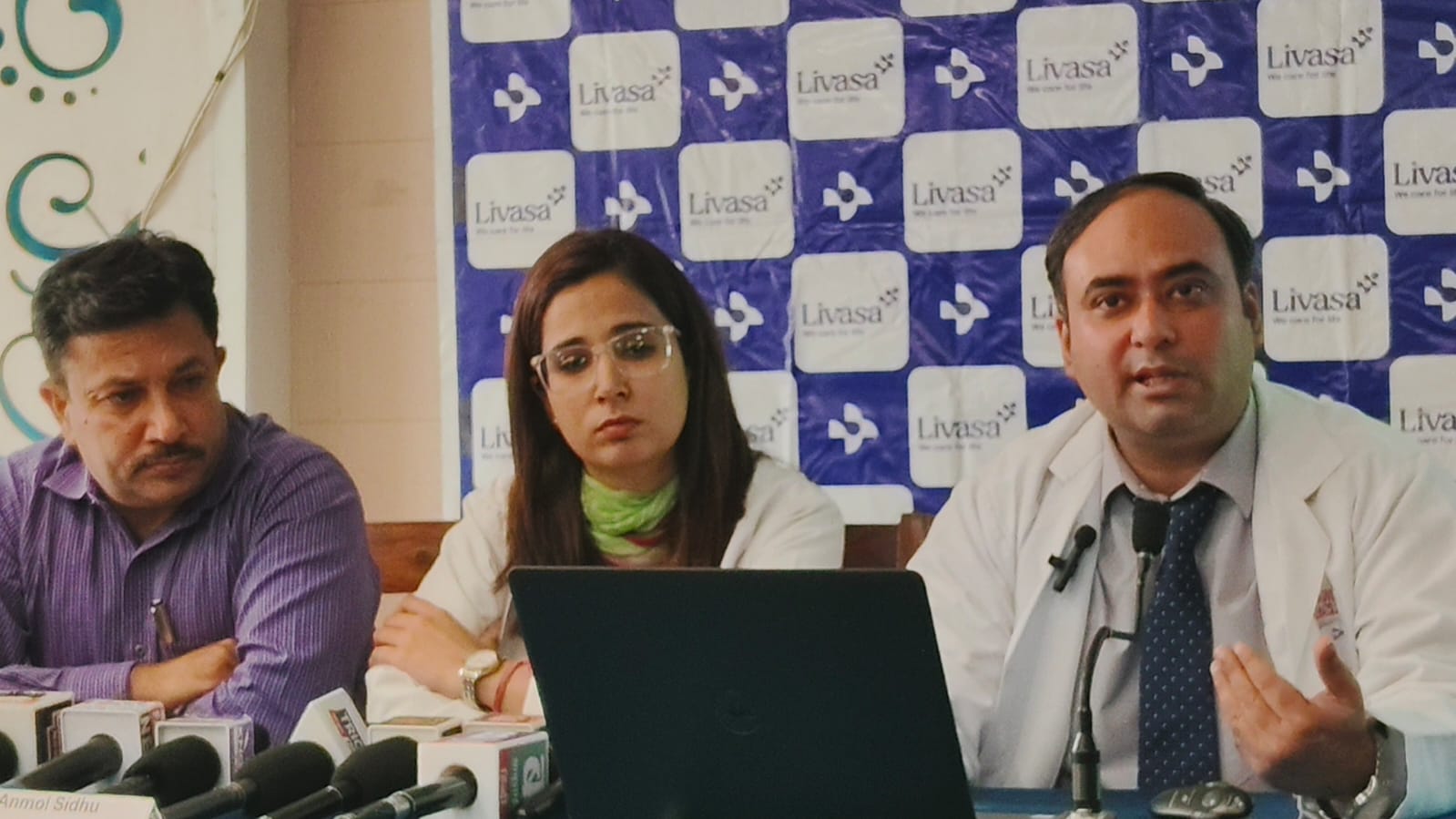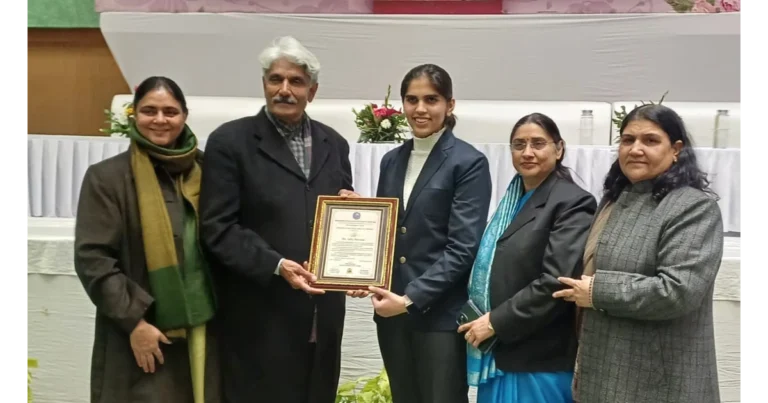
Livasa Hospital Hosts Press Conference on Thalassemia Major: Recent Developments and Future Options
On the occasion of World Thalassemia Day, Livasa Hospital in Mohali organized a press conference to raise awareness about Thalassemia, a serious genetic blood disorder. The conference, titled “Thalassemia Major: Recent Developments and Future Options,” brought together experts to discuss the latest advancements and future prospects in managing the condition.

Prevalence in India: Approximately 10,000 to 15,000 children are born with Thalassemia in India each year, with an estimated 100,000 to 150,000 individuals living with the condition nationwide.
- Current Treatment Options: Lifelong blood transfusions and iron chelation therapy are the mainstay of treatment, while bone marrow transplantation remains the only curative option.
- Future Prospects: Gene therapy and gene editing technologies offer promising avenues for a long-term cure, with ongoing global trials showing encouraging results.
Expert Insights:
- Dr. Mukesh Chawla, Senior Consultant in Haematology and Bone Marrow Transplantation, highlighted the evolution of treatment options and the potential of gene therapy for a long-term cure.
- Dr. Anmol Sidhu, Consultant Paediatrician, emphasized the importance of timely diagnosis, comprehensive care, and social support in managing Thalassemia in pediatric patients.
Call to Action:
The conference emphasized the need for:
- Statewide carrier screening programs to reduce the number of new cases.
- Public awareness initiatives to educate people about Thalassemia and its prevention.
- Genetic counselling to support families affected by the condition.
- Integration of Thalassemia screening into routine health check-ups, particularly in high-risk populations.
Livasa Hospital’s Commitment:
The hospital reaffirmed its commitment to providing comprehensive care, counselling, and access to advanced treatment options for Thalassemia patients, while contributing to national awareness and prevention initiatives.
By working together, we can reduce the burden of Thalassemia and improve the lives of those affected by this condition.







